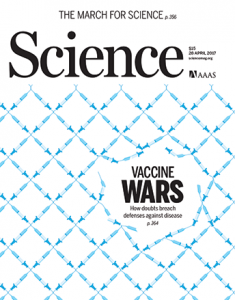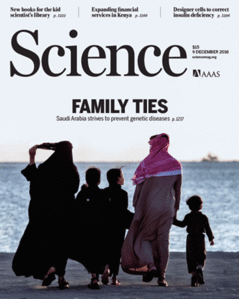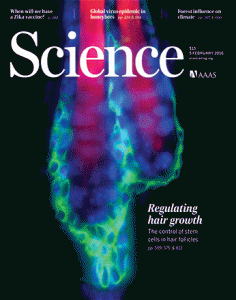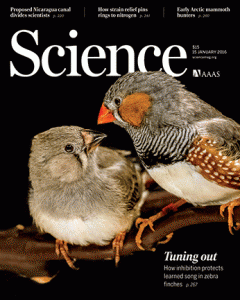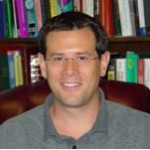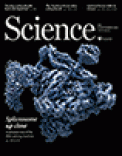 Researchers at a prominent Japanese university have retracted a 2015 paper in Science, after an investigation uncovered image falsification and fabrication.
Researchers at a prominent Japanese university have retracted a 2015 paper in Science, after an investigation uncovered image falsification and fabrication.
Last September, the University of Tokyo began an investigation of seven papers from the lab of cell biologist Yoshinori Watanabe after receiving anonymous allegations. In May 2017, the university determined that five papers contained falsified or fabricated images, and announced the results of its investigation on August 1. Two of the papers were published in Science, two in Nature and one in EMBO Reports.
On July 1 2017, EMBO Reports issued an erratum to the 2011 paper flagged in the investigation, correcting issues in several figures. Here’s the retraction notice for “The inner centromere–shugoshin network prevents chromosomal instability,” the 2015 paper in Science and the first of the papers to be retracted: Continue reading Authors retract Science paper after investigation reveals manipulated images
 Despite continuing to vigorously defend their work, the authors of a controversial paper about the effects of human pollution
Despite continuing to vigorously defend their work, the authors of a controversial paper about the effects of human pollution 